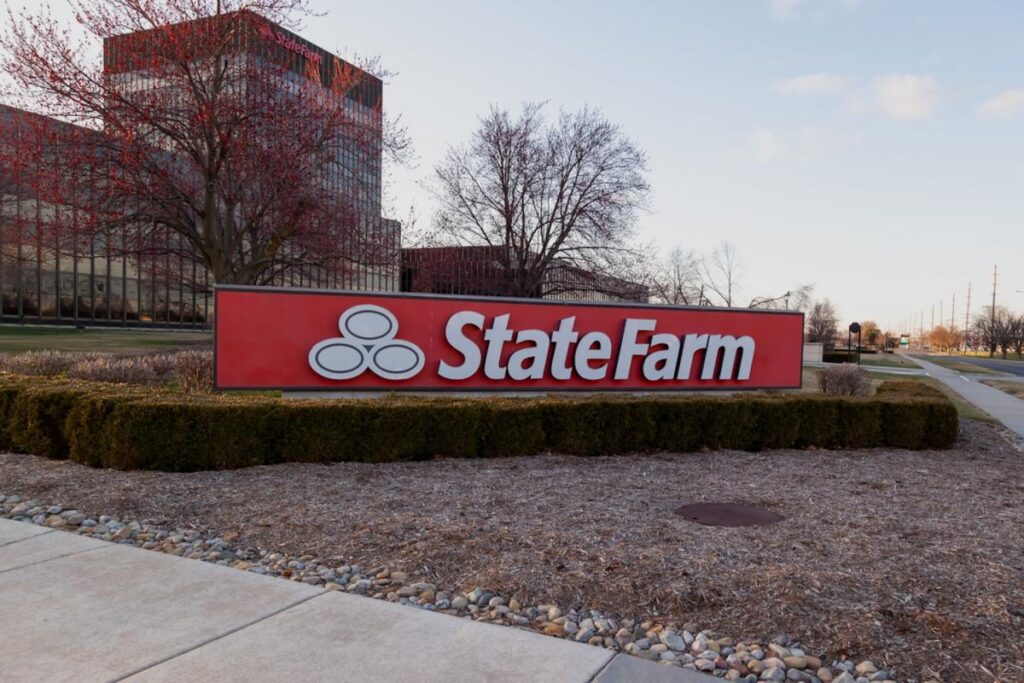Extreme weather conditions, particularly wildfires, have not only inflicted damage to properties and businesses but have also robbed thousands of Californians of their insurance coverage for homes and apartments. In August, State Farm announced their decision to withdraw insurance from 72,000 dwellings across various zip codes in California, with the Santa Cruz mountains’ 95033 area being the most impacted. Here, over 65% of policies will be halted, while neighborhoods like Santa Rosa’s 95409 code will see 48% of their policies canceled. This dramatic pullback marks a significant shift in insurance availability for many regions in the state. In communities such as Orinda, Contra Costa County, homeowners are faced with losing a substantial number of their insurance policies, prompting crucial discussions about the long-term viability of homeownership in fire-prone areas.
The cancelation of insurance policies arises in a context where wildfires are becoming increasingly prevalent and severe due to climate change. As reported by the California Department of Forestry and Fire Protection, California experienced 6,604 wildfires by early October 2023, devastating over one million acres and annihilating 1,433 structures. In fact, the entire year witnessed 7,386 wildfires, significantly impacting local populations. Studies show that human-induced activities, such as those stemming from the transportation, agricultural, and energy sectors, greatly contribute to global warming and subsequently worsen fire risks. The National Interagency Fire Center attributes 87% of wildfire incidents to human causes, illustrating the urgent need to address climate change to mitigate these threats.
Furthermore, concerns about the ongoing rise in Earth’s temperature compound the issue of insurance availability. With NOAA confirming an average rise of 0.11° Fahrenheit per decade since 1850, California’s risk of wildfires continues to escalate. State Farm has indicated that their decision to cut policies has only affected a small percentage (2%) of their overall coverage in California. However, this still leaves thousands of homeowners exposed to potential financial ruin should they suffer losses from a wildfire, heightening the urgency for broader awareness and action regarding climate change and disaster preparedness.
Despite the daunting nature of these challenges, there are actionable steps that can be taken to reduce the risk of wildfires and their devastating consequences. Experts underscore the need to decrease pollution levels that contribute to climate change, suggesting that lifestyle changes can make a tangible difference. Simple actions, such as switching to an electric vehicle or adopting renewable energy solutions like solar panels, can collectively create a significant positive impact on carbon emissions. Even minimal changes in dietary habits, such as reducing meat and cheese consumption, can equate to significant reductions in carbon footprints, further reinforcing the importance of collective action in addressing climate issues.
While such measures will not erase the risk of wildfires entirely, they can play a crucial role in mitigating their occurrence and minimizing associated extreme weather events such as flooding and drought. As residents navigate the complexities of living in fire-prone areas and insomnia on insurance policy changes, a shared responsibility emerges among individuals, communities, and policymakers alike. The push for policy changes and community resilience strategies will be essential in equipping residents to deal with future environmental challenges more effectively.
In summary, the parallel issues of climate change and the increasing frequency of extreme weather events like wildfires necessitate urgent action as they critically impact property insurance availability in California. With major insurers like State Farm halting coverage for thousands of policies, residents face a precarious financial landscape amid the threats posed by wildfires. Efforts to reduce carbon emissions and enhance community resilience are essential, calling for both individual and collective commitment to mitigating the impacts of climate change. While the future remains uncertain, proactive measures today can help safeguard communities and promote sustainable living for generations to come.

